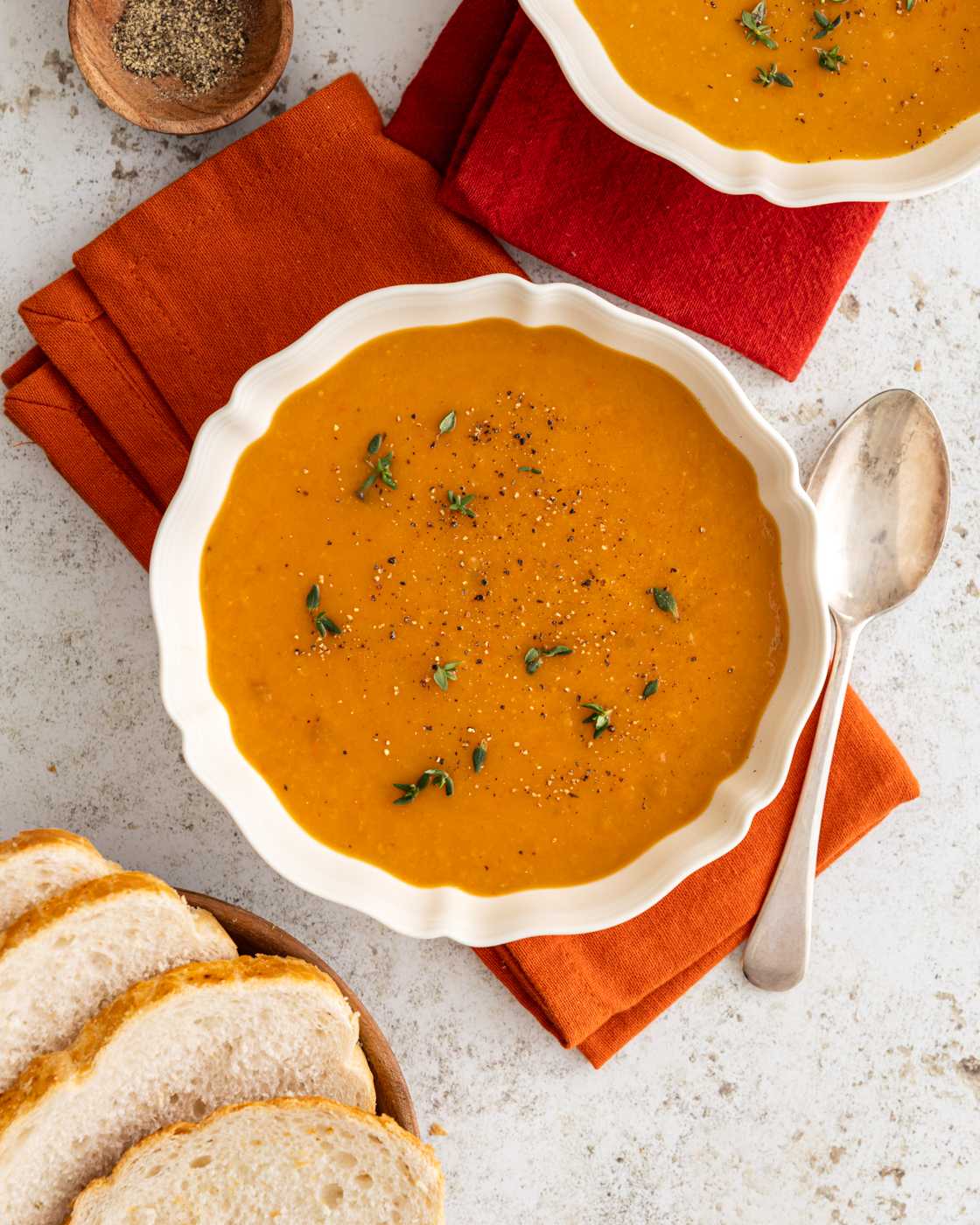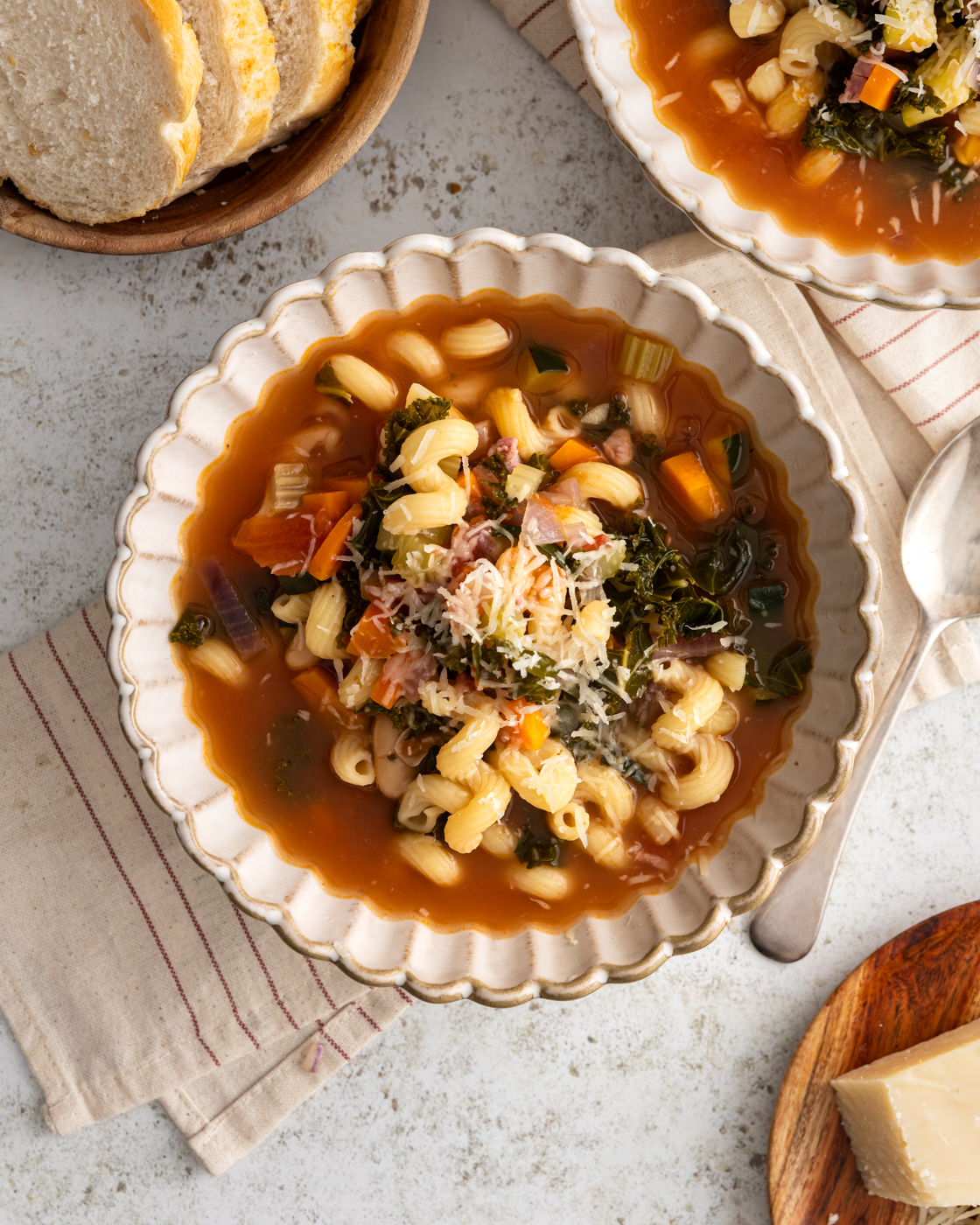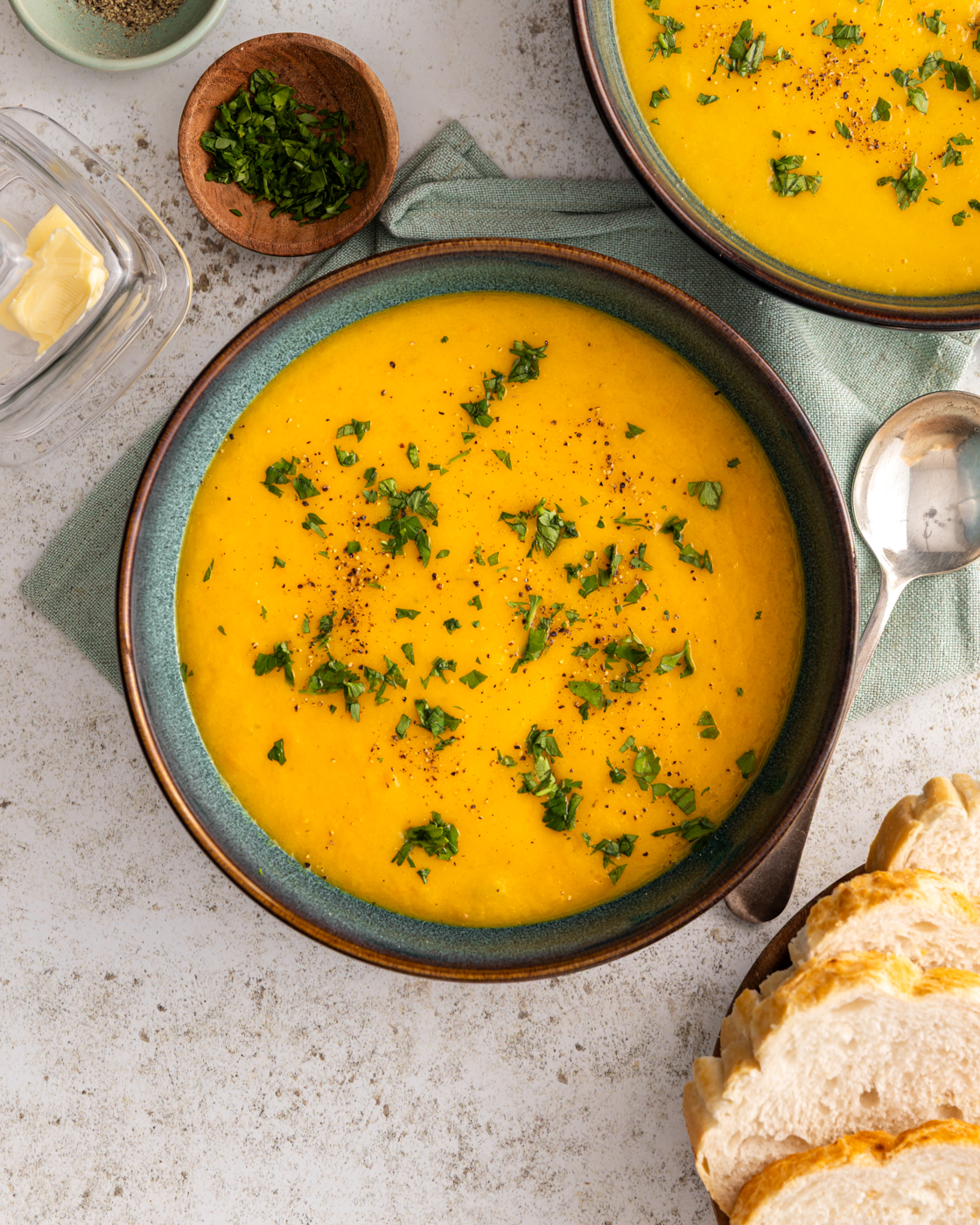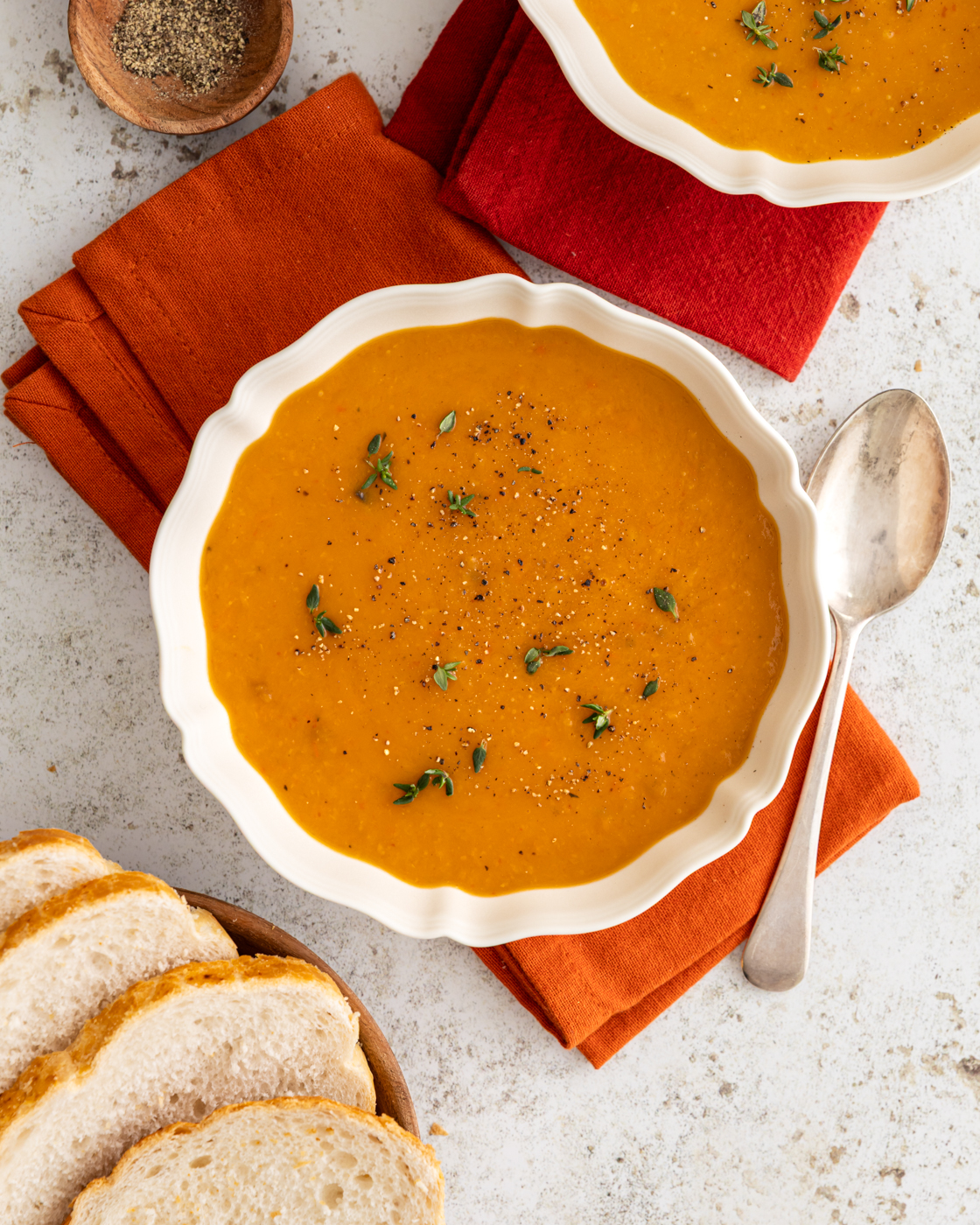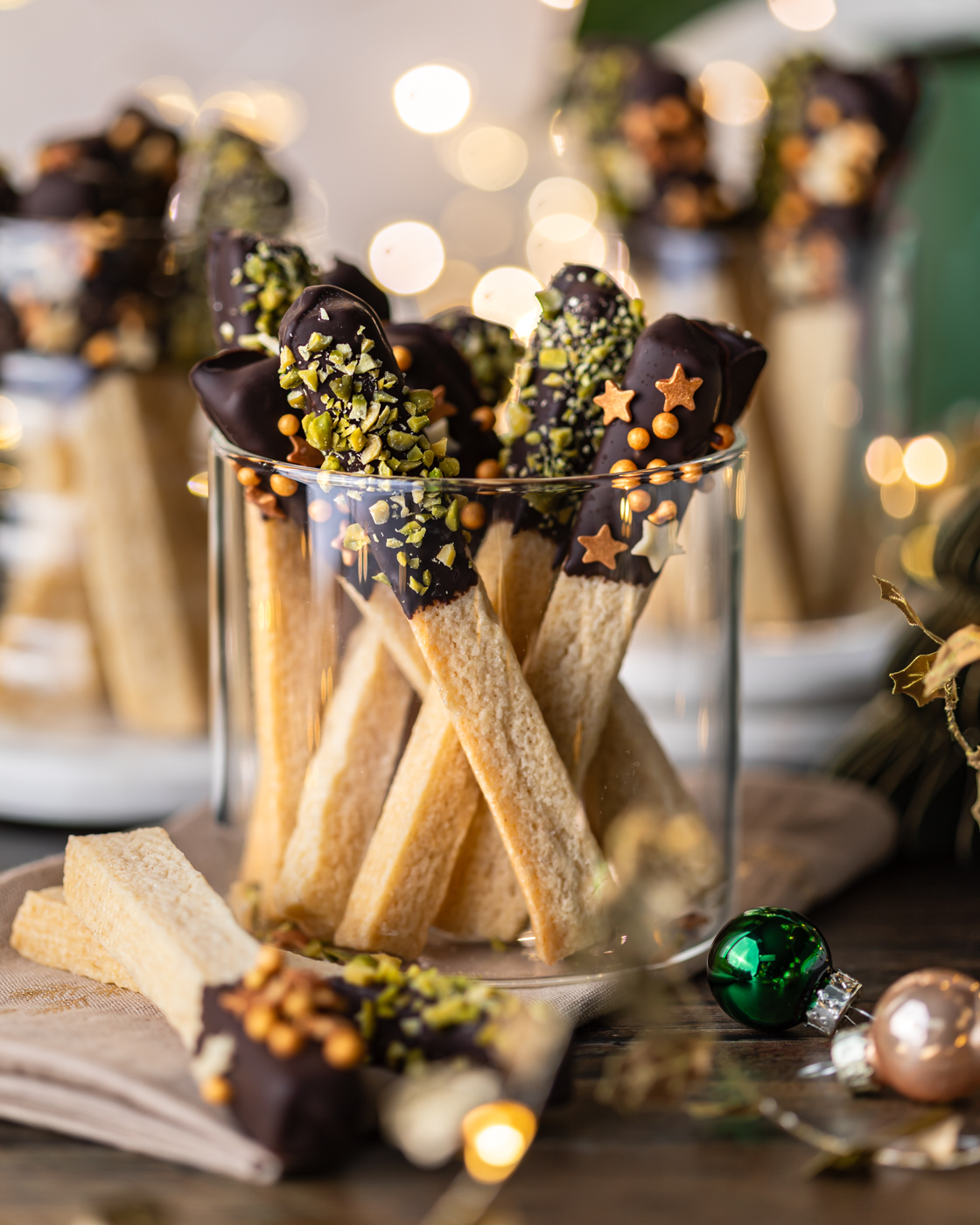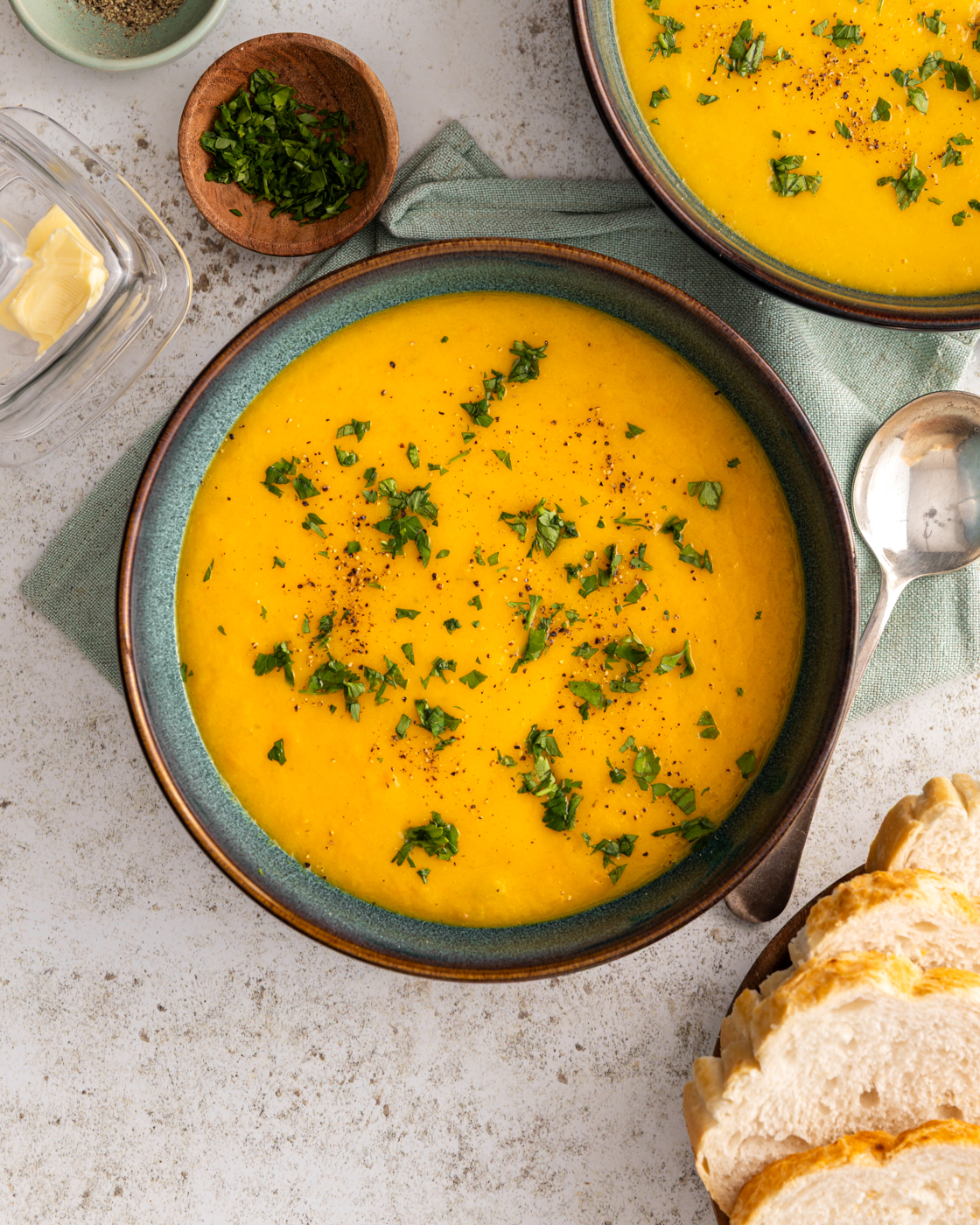
Tips For Storing Fruit & Veg
Wed Feb 24 2016

Fed up throwing out rotting fruit and veg each week? Learn how to store them properly, avoid wastage and most importantly save money.
How many times have you bought fruit and veg only to discover that, within days, they have to be thrown out? Do you know that by storing them properly they can last a lot longer. Ideally, try to buy produce that you will use within a few days if possible. Otherwise check out these useful rules.
3 Top Tips for storing fruit and vegetables:
(1) Never Store Fruits and Vegetables Together.
Fruits that give off high levels of ethylene (the ripening agent) often ripen too soon and spoil surrounding vegetables. So always keep them separate.
(2) Storing Vegetables
Remove packaging, ties and rubber bands firs and then trim off any leafy ends or scraggily bits. Place loosely into plastic zip-top bags to keep produce crisp and they take up little additional space. Puncture small holes to allow for the flow of good air. If not placed in bags then make sure they are packed loosely because the closer they packed together are the quicker they will rot.
It’s best to wash leafy greens before storing by first soaking them in a sink full of water, while soft herbs should never be washed until right before they are used. Mushrooms, in particular, should not be washed but wiped with a damp clean cloth just before use – not beforehand.
(3) Fruits
Avocados, tomatoes, mangoes, melons, apples, and pears are best stored in your fridge for longer life.. To speed up the ripening process you can l leave out in a bowl on your kitchen counter but remember that bananas ripen very fast and should be placed in a separate bowl. Certain fruits such as bell peppers, grapes, lemons, limes, oranges and berries deteriorate very fast and must always be kept in the fridge
Storing popular Veg:
Carrots
Cut off the carrot greens and store them separately to keep them from sapping nutrients from the roots. Then store the carrots in a covered container filled with water to keep them fresh for longer. You can also roll carrots in bubble wrap to keep them ultra-fresh.
Cucumbers
Cucumbers should be stored at room temperature – not in the refrigerator because they are very sensitive to temperatures below 10ºC this can result in cold injuries including wateriness, which results in pitting, and accelerated decay. If you must refrigerate your cucumbers then only keep them in the fridge for 1-3 days and eat them as soon as possible. Because they are highly sensitive to ethylene (a flammable hydrocarbon gas of the alkene series, occurring in natural gas, coal gas, and crude oil and given off by ripening fruit) they should be kept away from bananas, melons, and tomatoes, in particular.
Mushrooms
For commercial mushrooms buy them plastic-wrapped and keep them in their original packaging and they will keep for nearly a week before starting to go slimy and brown. If you have to open the package and have mushrooms leftover, then wrap the container in plastic wrap and poke a few holes to allow air flow before placing back in the fridge.
Wild mushrooms keep better in a paper bag in the fridge’s crisper drawer. The paper allows for better airflow while the crisper drawer keeps the air slightly humid and prevents the mushrooms from drying out. Even if they do get a little shriveled by the end of the week, they are still good for cooking.
Onions
One important tip is to never store root vegetables and onions together as they can spoil each other. Instead store onions in an open basket in a press in your cupboard and use them up within a couple weeks.
Potatoes
Here’s the best way to make sure your store of spuds last longer. First of all they do not need to stored in the fridge. Instead keep them stored in a dark place at about 10ºC as anything warmer will spoil them. Mature potatoes store better than “new” potatoes because their skins are tougher and if kept cool and and stored in a dark environment, they can last for several months.
Salads & Green Leaves
You need to prepare greens before storing in your fridge by cutting them into bite-sized pieces, washing them together in a basin, then shake off the excess water in a salad spinner. Spread out on a dry tea towel and allow to air for a couple of hours. Then roll up in a the towel, secure with a rubber ban and store in the bottom shelf of your fridge. Each time you use unroll the towel just a little and then tie up and place the remainder salad leaves back into the fridge. This is a great way of keeping the greens moist but not damp to ensure that they stay fresh and crispy.
Scallions
The best way to keep them fresh is to remove the elastic bands and leave them to stand upright in a jar filled with just a little cover the whole thing with a plastic bag, and keep it in the fridge. Stored this way, the scallions stay crisp for about a week.
Storing Fruit:
Apples
For temperatures above -1.111ºC the apples’ lifespan decreases so never allow the storage temperature to fall below this temperate because, otherwise, they will freeze and turn to mush. However they definitely benefit by being stored in the fridge as quickly as possible.
If storing apples in the fridge, place them inside a crisper drawer and lay a slightly dampened paper towel on top of the apples. Alternatively keep them stored in a plastic bags with punched holes in a cold storage area in your kitchen. If one apple rots then this will affect the other apples because they give off a lot of ethylene gas.
Grapes
Grapes are best stored in a paper bag (or perforated plastic) in the refrigerator. They will last 1 to 2 weeks.
Kiwi Fruit
Kiwi will continue to ripen after picking. If your kiwi is underripe then leave it on the kitchen counter for a few days. Ripe kiwi’s can be kept in the refrigerator for several weeks.
Lemons
Lemons have so many uses and can be used for marinating, salad dressings and are always handy to have. The worst place to store them is in a fruit bowl in the open. Always store in the fridge loosely in zipper lock plastic bags.
Pears
Pears should always be underripe when you buy them as they will last longer. Store at room temperature. You will know a pear is ripe because it will give slightly when gently pressed and smell wonderfully aromatic.
Tomatoes
Tomatoes are delicate and, ideally, should be eaten soon after purchasing them. But if you must store them in the fridge the display them at room temperature for a full day before eating to ensure for a stronger tastier flavour.
Finally when storing fresh herbs cut off the stalks and place them like a little bunch of flowers in a glass of water and place them in the fridge to make them last longer. Better still grow your own! Check out our guide to using fresh herbs here
